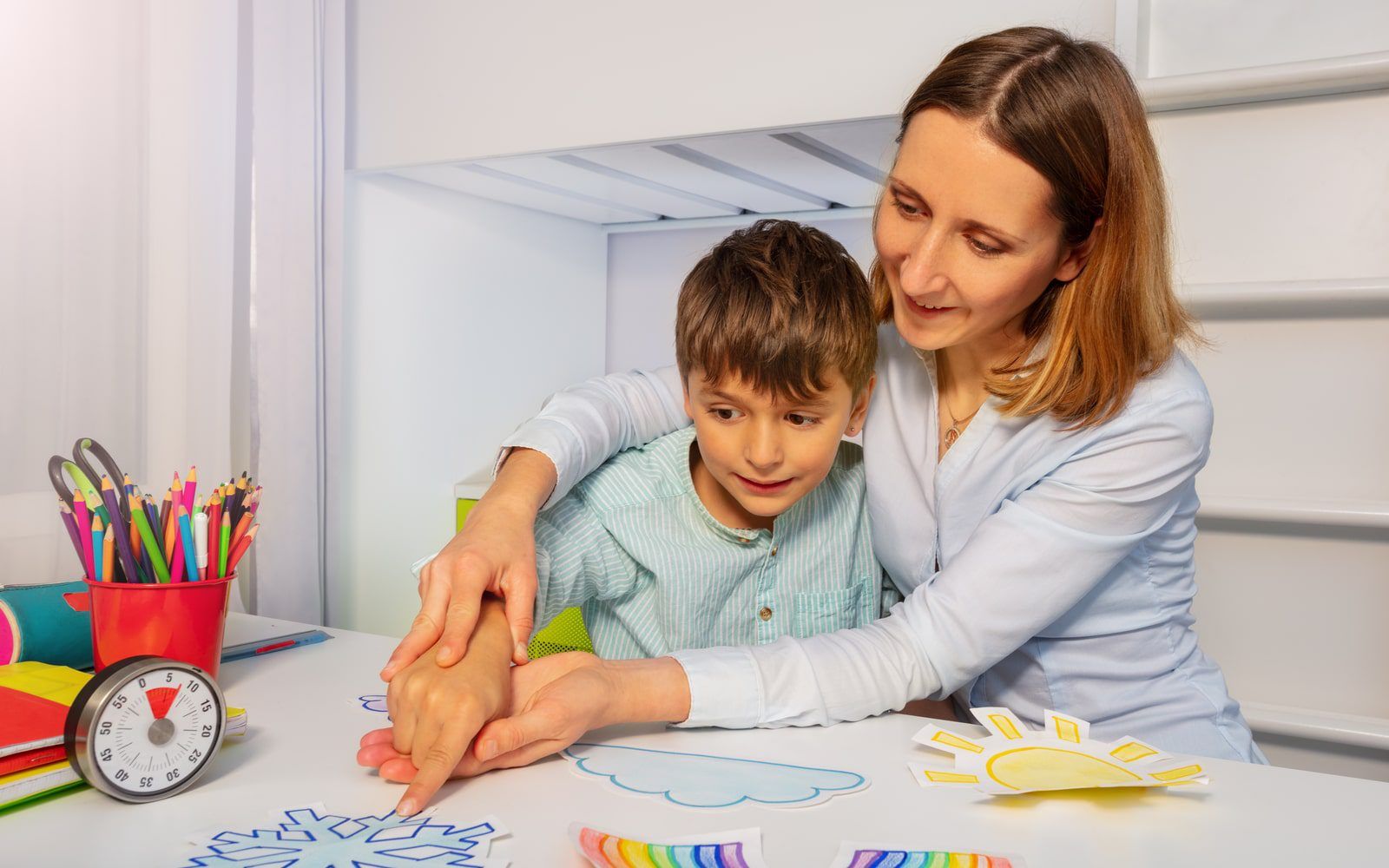Can Hypnosis Be Used As A Way To Reduce Dental Anxiety?

The idea of using hypnosis in dental care sounds far-fetched at first. Hypnosis usually conjures images of sideshow gigs, live performers, and fantasy entertainment and, in most cases, is seen as just a trick or ruse. However, some dentists have begun using hypnotherapy as a way to help patients with feelings of uneasiness during appointments. In a clinical setting, hypnosis is starting to be used as a form of therapy and has found some success. But can it be used for children? Today, we’re here to explore the history behind hypnotherapy and how it’s used in modern practices.
How Does Hypnotherapy Work In Dental Practices
Hypnosis is a form of unconsciousness, a practice that decreases peripheral awareness while the person is fully awake. Through trance sessions, the person is more pliable to suggestions provided by others and, in theory, provides an analgesic-free way to treat dental pain and other conditions. However, as a whole, there have been no studies that concluded the effectiveness of hypnosis due to varying results and inconsistencies in clinical trials. Because of this, it’s most often seen as unreliable.
However, if used entirely as a psychological tool rather than as an analgesic, some dentists have found that it can provide results under the right circumstances. Through the use of hypnosis techniques and through parent or guardian consent, dentists can use hypnosis as a psychological tool that helps children manage emotions, soothe fears, and put them in a completely relaxed state.
Does Hypnosis Actually Work?
In short, hypnosis depends on how it is used. It can be an especially useful tool, as children are more prone to overactive imagination. Through hypnosis, subtle suggestions can be used to help children shift their focus from their fears and anxieties to other forms of behavior. When perceived through the right context, hypnotherapy can be a valuable method for managing dental anxiety in children and helping them throughout their appointments.
For parents who are uncomfortable with the idea of hypnosis, it’s important to know that not every dental office uses these methods, and those who do are rare and in between. Most often, you’ll find other alternatives for easing children during appointments, including:
- Nitrous Oxide Sedation: As a colorless, sweet-smelling gas, nitrous oxide is completely safe for children. This gas is a form of “conscious sedation” that helps children relax and have an overall better experience with their dentists.
- Positive Language Reinforcement: Dentists who often work with children are trained to use positive language when performing treatments. Some examples of this type of positive language include words of comfort, listening, and phrases of celebration, all wrapped up in a calm and friendly disposition.
- Entertainment Devices: Many pediatric dentists also offer digital forms of entertainment for children, including television shows, video game consoles, and other types of toys for easy distraction. These devices can easily be integrated into an appointment and help soothe them during treatment.
If you would like to learn more about what options are available, then the best place to go is to your local pediatric dentist.

